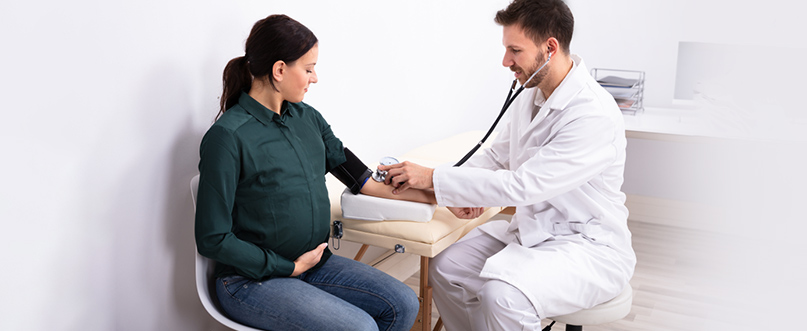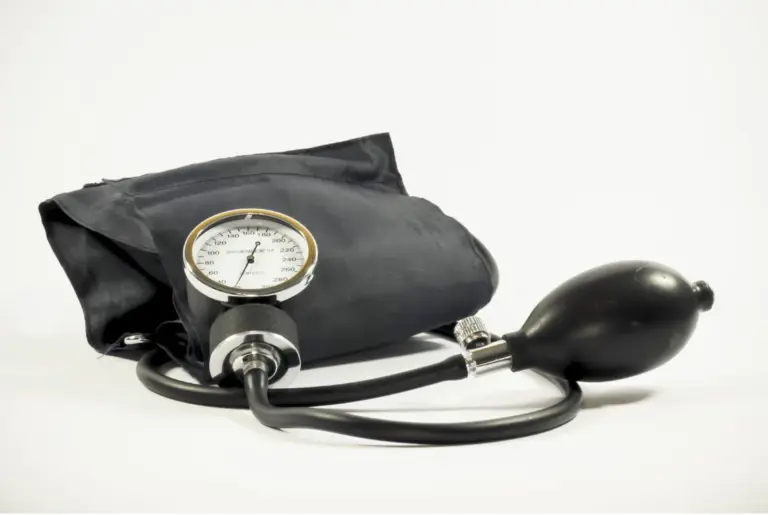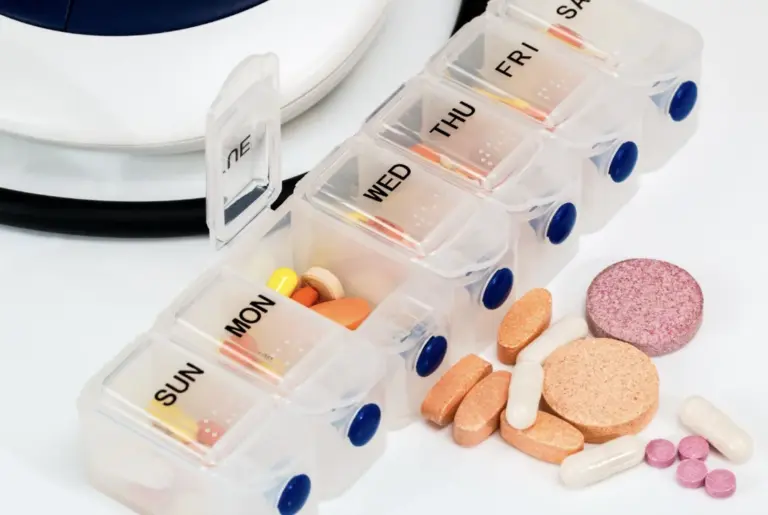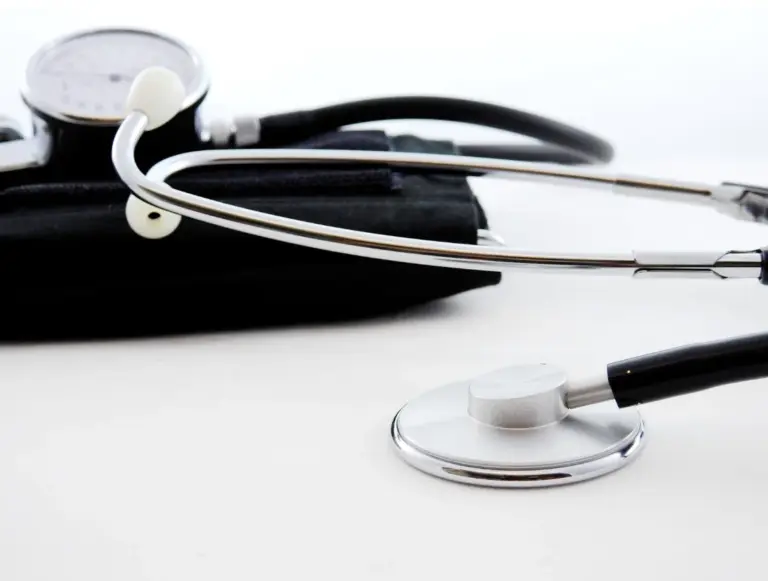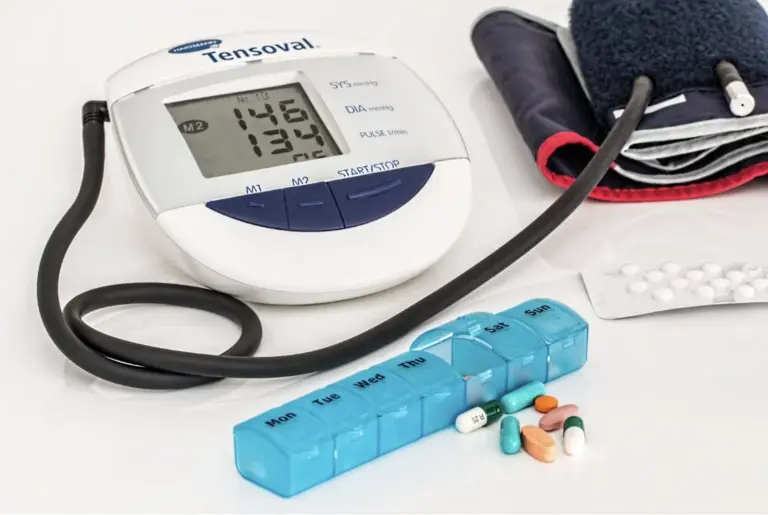Pregnancy is a life-changing experience for a woman– the magic of creating new life inside the body is unexplainable. Regardless of all the joy that comes with pregnancy, it is the time in a woman’s life when she must take extra care of her health. Being healthy during pregnancy is essential, from eating a healthy diet to regular exercise, getting her mineral and vitamin supplements, and adopting healthy lifestyle habits.
Pregnant women are also prone to several health issues, including gestational diabetes and hypertension. This article covers all you need to know about hypertension in pregnancy treatment guidelines.
Why is Hypertension a Problem During Pregnancy?
Hypertension is a severe condition in healthy individuals as well as pregnant women. Here are some risks associated with blood pressure during pregnancy:
-
Decrease flow of blood to the placenta
When a woman develops hypertension in pregnancy, the placenta may not get enough blood. This results in reduced oxygen and nutrients for the baby, causing slow growth, low birth weight, and premature birth. The baby is also at a huge risk of developing infections or associated complications after birth.
-
Placental abruption
Women with preeclampsia are at heightened risk for placental abruption, which can cause heavy bleeding and become life-threatening to them and their babies.
-
Growth restriction inside the uterus
Due to high blood pressure, the baby’s growth may slow down.
-
Harm to other organs
If a woman’s blood pressure is not controlled, it can damage her organs like the brain, lungs, liver, kidney, and heart. It can also be harmful to the baby, making it life-threatening to both the mother and the baby.
-
Premature delivery
In many women with hypertension, premature delivery is performed to avoid any damage or harm to the baby and prevent complications from occurring.
-
Increased risk for cardiovascular diseases
Women who develop hypertension and preeclampsia during pregnancy have a greater risk of developing cardiovascular diseases.
Types of Hypertension During Pregnancy
High blood pressure may be present in some women before pregnancy, while others develop the condition during pregnancy. There are different types of hypertension in pregnancy:
-
Gestational hypertension
When high blood pressure develops in pregnant women after 20 weeks of pregnancy, it is called gestational hypertension. Women with this condition usually do not show excess protein in the urine or other signs of organ damage. However, some women may develop preeclampsia eventually.
-
Chronic hypertension
When a woman develops hypertension before conceiving or before 20 weeks of pregnancy, it is considered chronic hypertension. Since hypertension is a silent disease, it is usually challenging to determine when it began.
-
Chronic hypertension with superimposed preeclampsia
Some women who have hypertension before pregnancy but experience aggravation of symptoms, protein in blood and urine, and other related complications have chronic hypertension with preeclampsia.
-
Preeclampsia
When a woman develops hypertension during pregnancy along with signs of organ damage that affect her kidneys, liver, blood, or brain, she is said to have developed preeclampsia. This condition may lead to serious sequelae and may be fatal if it remains untreated for a long time.
How to Identify if You Have Hypertension During Pregnancy?
Hypertension is called the ‘silent killer’ as it rarely exhibits any signs and symptoms in the early stages. Hypertension monitoring is a vital part of prenatal care. Here are some ways your doctor will determine if you have developed hypertension during pregnancy or if your blood pressure levels have moved to the higher side of the scale:
- Elevated blood pressure levels: You have elevated blood pressure when your systolic blood pressure lies between 120 and 129 mm of Hg and your diastolic pressure below 80 mm of Hg.
- When your systolic blood pressure goes higher than 130mm of Hg and your diastolic blood pressure is between 80 and 89 mm of Hg, you have stage 1 hypertension.
- When your blood pressure levels are higher than 140/90 mm of Hg, you are said to have stage 2 hypertension.
When a woman’s blood pressure levels exceed 140/90 mm of Hg after 20 weeks of pregnancy, measured more than once at least 4 hours apart, she has developed gestational hypertension.
Do’s and Dont’s to Manage Hypertension During Pregnancy
To reduce complications during pregnancy and ensure the mother and baby have a healthy journey, here are some Dos and Don’ts:
- Visit your obstetrician/gynaecologist regularly throughout your pregnancy.
- If you have been diagnosed with high blood pressure, take your prescribed medications timely in the appropriate dosage.
- Follow the exercise routine your doctor or personal trainer suggested based on your trimester and other health considerations. Regular physical exercise and staying active will help keep your health parameters, including blood pressure levels, in the normal range.
- A healthy diet is inevitable. Speak to your doctor and nutritionist to help you create a food chart or meal plan for your pregnancy.
Tips to Reduce Complications During Pregnancy
Here are some specific factors that you need to keep in mind if you have a hypertensive crisis during pregnancy:
- Avoid smoking or visiting places that can increase your risk for secondary smoke
- Quit drinking alcohol
- Avoid taking illegal drugs
- Always check with your doctor before taking OTC medications
- Avoid foods that are off-the-shelf for pregnant women
Final Words
Identifying hypertension is not easy, even during pregnancy. For this reason, you must check your blood pressure levels regularly. Women must focus on taking care of themselves and their unborn babies throughout their pregnancy by making healthy lifestyle choices and changes.
If you have any doubt regarding your health, consult your doctor immediately. Always discuss with your doctor about queries surrounding hypertension in pregnancy. Connect with experts and find plenty of information on hypertension during pregnancy on BPinControl!
Disclaimer
The information contained in this article is to educate, spread awareness in relation to hypertension and other diseases to the public at large. The contents of this article are created and developed by BPinControl.in through its authors, which has necessary, authorisations, license, approvals, permits etc to allow usage of this articles on The Website. The views and opinions expressed in this article are views, opinions of the respective authors and are independently endorsed by doctors. Although great care has been taken in compiling and checking the information in this article, The Website shall not be responsible, or in any way liable for any errors, omissions or inaccuracies in this article whether arising from negligence or otherwise, or for any consequences arising therefrom. The content of this article is not a substitute for any medical advice. The Website shall not be held responsible or liable for any consequence arising out of reliance on the information provided in the article.
